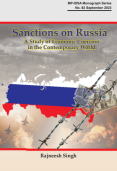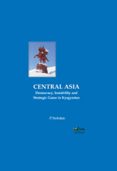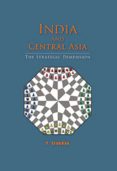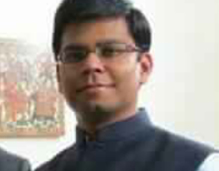The Crash of Metrojet 9268 in Sinai
The air crash might prod the US and its allies to seek a political accommodation with Russia on Syria, and a grand coalition might emerge against the IS. But, even such a coalition will take long to dismantle the IS, assuming it were doable.
- K. P. Fabian
- November 13, 2015









